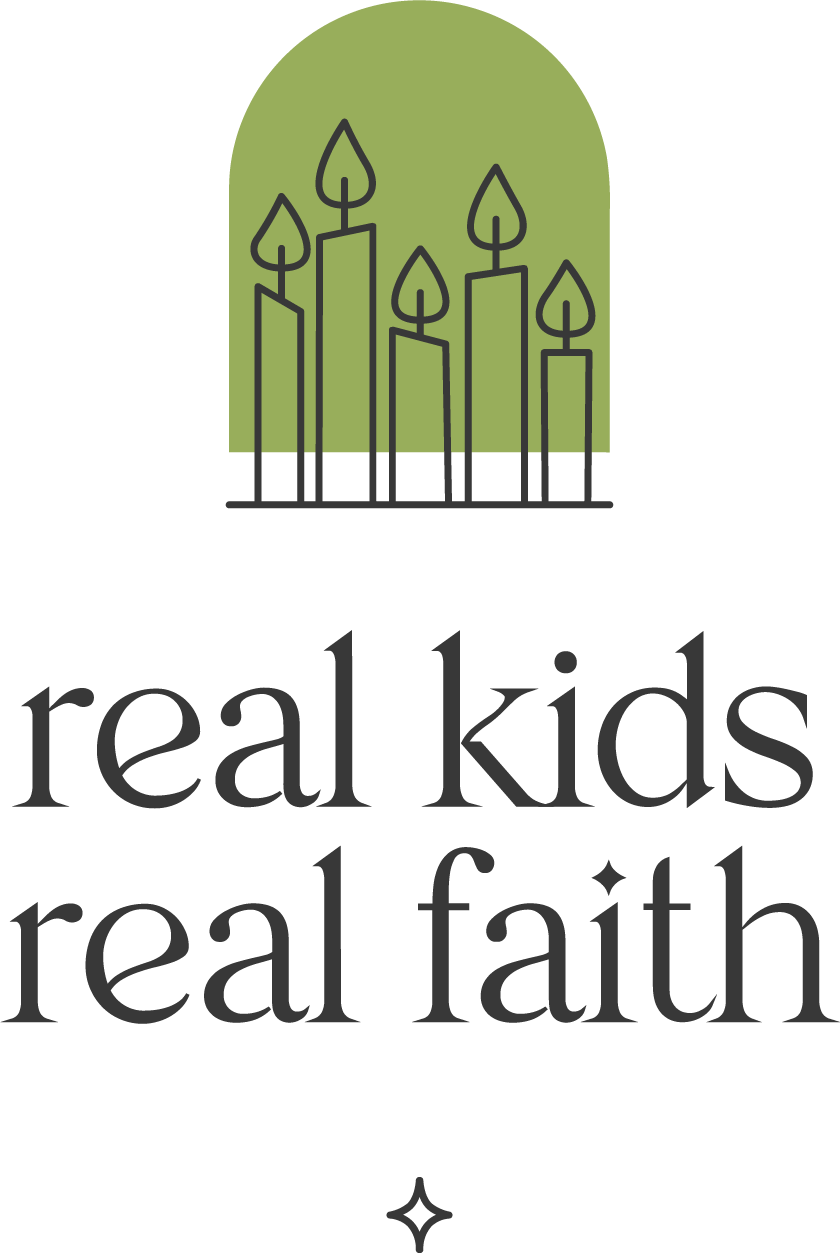Sexism, racism, and classism are hard concepts for children to understand. Kids have a strong bias toward fairness and equal treatment. They believe everyone should get the same number of cookies and have the same amount of recess time.
Yet, children also notice that some kinds of inequity are tolerated and even encouraged. They begin to internalize these unjust values. Without intervention, they will accept them as normal and replicate them in their relationships and play.
Loujain Dreams of Sunflowers, by Lina AlHathloul and Uma Mishra-Newbery, provides a way to help children explore and challenge discrimination. A fanciful tale inspired by the true story of a Saudi Arabian woman who fought for women’s rights, the story emphasizes the power of dreams when trying to build a just society.
Use one or more of these activities to help children ages 4-9 reflect on identity and social justice as you read the story together.
Grounded. Loujain wants to fly like her baba, but girls are not allowed to fly. To explore what being grounded feels like, pretend to fly around a room or yard together. Then take turns trying to fly while others hold onto your arms or body. Ask children: How does it feel to be prevented from flying? What do you wish you could do to avoid being grounded?
Dreams. Loujain dreams of flying to see a field of colorful sunflowers. She also loves a colorful sunrise. Provide children with lots of colored markers, crayons, pencils, chalk, or paint, as well as a big sheet of paper. Encourage them to create a colorful picture that depicts them doing something they dream about.
Allies. Loujain’s baba and mama support her dreams. They decide baba will teach her how to fly, even though it is forbidden. Ask children: Who supports you as you try to reach your dreams? What do they do to help? Share your own story of allies who supported your childhood dreams or who continue to support you. Then invite children to make cards or write messages thanking their allies.
Obstacles. Some of Loujain’s friends laugh and tell her to stop talking about her dreams. Loujain and her baba practice in secret. When she finally flies to see the sunflowers, the newspaper criticizes her. Invite children to name dreams they have. Ask: What could get in the way of your dream coming true? Act out these scenarios, working together to find a way to overcome each obstacle before moving to the next problem.
Believe. The book begins and ends with “Do you believe you can fly? I know you will fly – not immediately, but definitely.” Ask children: Why do you think the authors include this saying? What do you think it means? Invite them to create their own sayings in support of their and others’ dreams.
The real Loujain. Read ‘About Loujain Alhathloul’. Invite children to close their eyes and imagine that they are the real Loujain. Ask: What do you do all day while you are under house arrest? Why did you decide to defy the driving law? What do you plan to do when your sentence is over? What advice would you give to other people who want to change laws that discriminate against people because of their race, gender, or class?

Comments